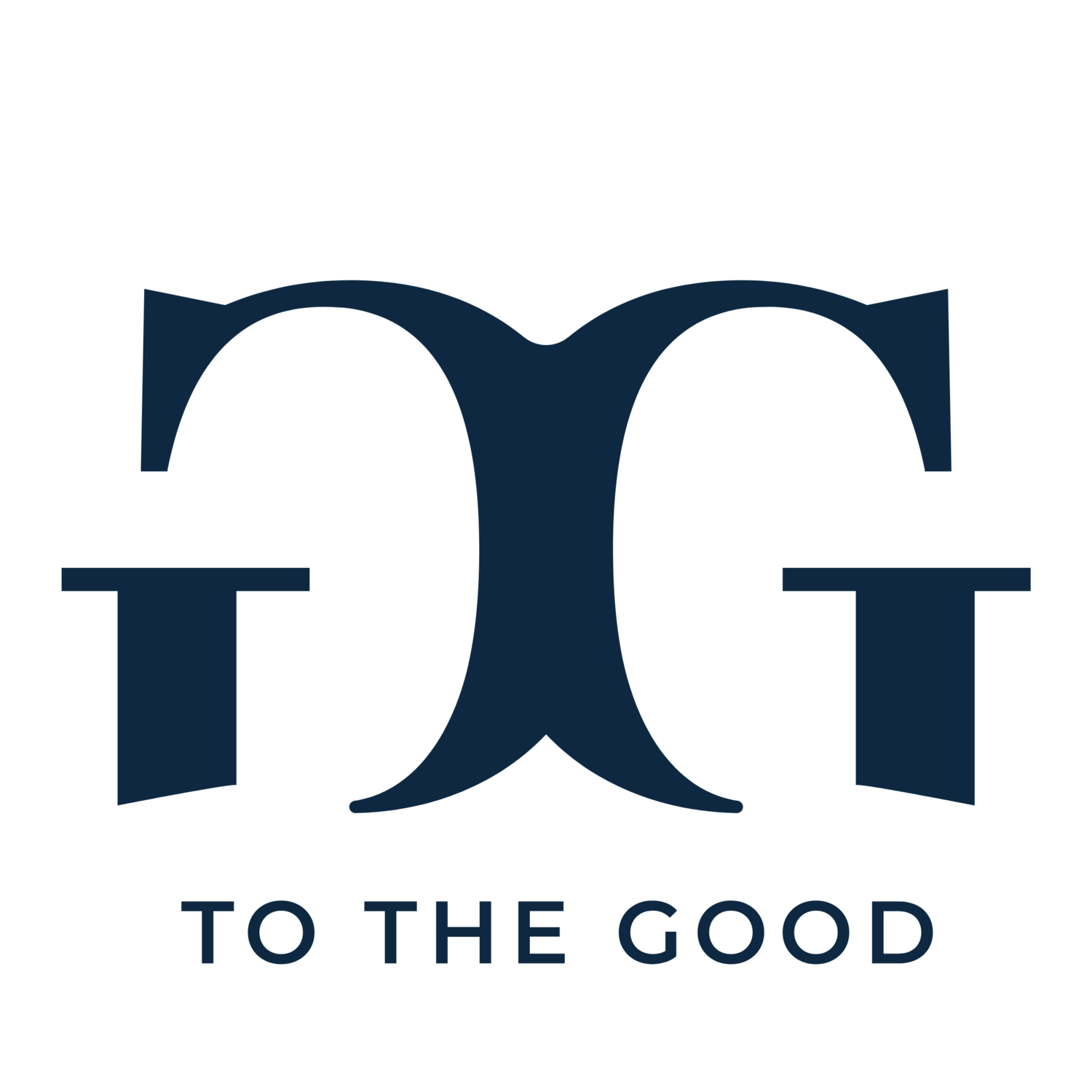GOOD NEWS: Strategic Planning
Strategic Planning
Benjamin Franklin famously said, “If you fail to plan, you are planning to fail.” What he left out of his statement is how to plan and the importance of building an inclusive culture. Organizations understand that strategic planning is essential, but not all appreciate that how they plan is as important as deciding to plan. Here are a few suggestions:
1. The best planning committees include stakeholders beyond internal senior leadership and a few board members. Numerous internal and external voices should be genuinely heard through means other than surveys or large group meetings. Significant stakeholders have more share in the process than a view from the sidelines. The words of a civil rights organizer come to mind, “If you are not at the table, you are on the menu.”
2. In larger organizations, the strategic planning committee should be formed and chaired by two people other than the chief executive and board chair, especially when either of these leadership positions need to evolve. For reasons related to growing and retaining talent, others in the organization should be given the opportunity to lead and share ownership of important initiatives.
3. When an organization is strategic planning, it is important to seek third party support. An outside perspective bringing confidentiality, impartiality, and candor are necessary. “Do it yourself planning” is akin to asking your chief executive officer or board members to assess her or his own performances and set their own goals. No person is their own best planner, supporter or critic.
4. The final planning document should be concise, easy to remember and communicated to others. It should remain top of mind for all in the organization. There should be minimal jargon, few if any slide decks, matrices, and binders full of pages that will never be read, understood, embraced or referred to once the planning process formally concludes.
5. There should be clear ownership of implementation. Plans often are scuttled because of blurred ownership of outcomes where accountability is hard to find.
Collaboration is necessary for success but someone in addition to the chief executive needs to be charged with responsibility and authority for important strategic initiatives.
Other effective planning considerations include determining the right time to plan, how long the planning process lasts, how it is communicated internally and externally, and most importantly, how a plan is funded, staffed, and implemented. Too many organizations' plans read as “wish lists” rather than aspirational but realistic courses toward growth and sustainability.
I hope you enjoy reading Three Sisters Garden Project Executive Director Liz Green's perspective on building a truly informed, inclusive, and ultimately impactful community. And please check out the links below for more on planning and cultures that work.
Planning for the Long Haul
In agriculture, we struggle to balance the importance of a good process with our fixation on results. How we grow food - how we treat our workers and care for the land and environment - is as important as how many pounds an acre yields. It is easy to let the end results become our only priority and it is counter-cultural to take time to establish an inclusive and healthy farming process.
Whether deep in compost or in spreadsheets, all organizations face these same challenges. Our goals differ – for us pounds of carrots harvested, numbers of meals served, people reached with our mission - but we all risk leaving our values behind as we race toward results. At Three Sisters, we know that planning for the long haul, building up soil health, maintaining tools and equipment year over year, and investing in our staff's development and growth are all just as important as delivering healthy and fresh produce to people facing food insecurity across Essex County. In fact, without our belief and trust in our values, we know we won't achieve our mission of providing good food for all.
At Three Sisters, we set aside time in 2021 and 2022 to shape the long-term plans for our organization. As we seek to make an impact on the systemic inequalities around us, we have to remind ourselves that our mission is the goal: creating, building, and sustaining a healthy and inclusive organization grounded in values that contribute to a better community.
Stuff Steve Is Watching, Listening To, and Reading
Coach Madden 1936-2021 (40 minute view)
"Madden ditched the dress code and encouraged individual expression, tolerating his players’ penchant for wild nights and carousing because, he knew, they would always give him their full effort — especially on Sundays. Unlike the disciplinarians of his day, he imposed few rules, asking them only to listen, to be on time and to play hard when he demanded it. Madden told The New York Times in 1969 that 'there has to be an honesty that you be yourself'; for him, that meant treating his players as 'intelligent human beings.'"
https://www.youtube.com/watch?v=Zc75Vrahc3M
Letters to My White Male Friends (10 minute listen)
"But white men in many ways have been socialized to believe that I'm different. So the harm, I think, is broad in the sense that we miss out on a lot. We miss out on a lot of different people and experiences and engagements that we could otherwise have.”
https://www.wbur.org/hereandnow/2021/06/21/dax-devlon-ross-book
The Great Resignation (8 minute read)
“A toxic corporate culture is by far the strongest predictor of industry-adjusted attrition and is 10 times more important than compensation in predicting turnover.”
https://sloanreview.mit.edu/article/toxic-culture-is-driving-the-great-resignation/



